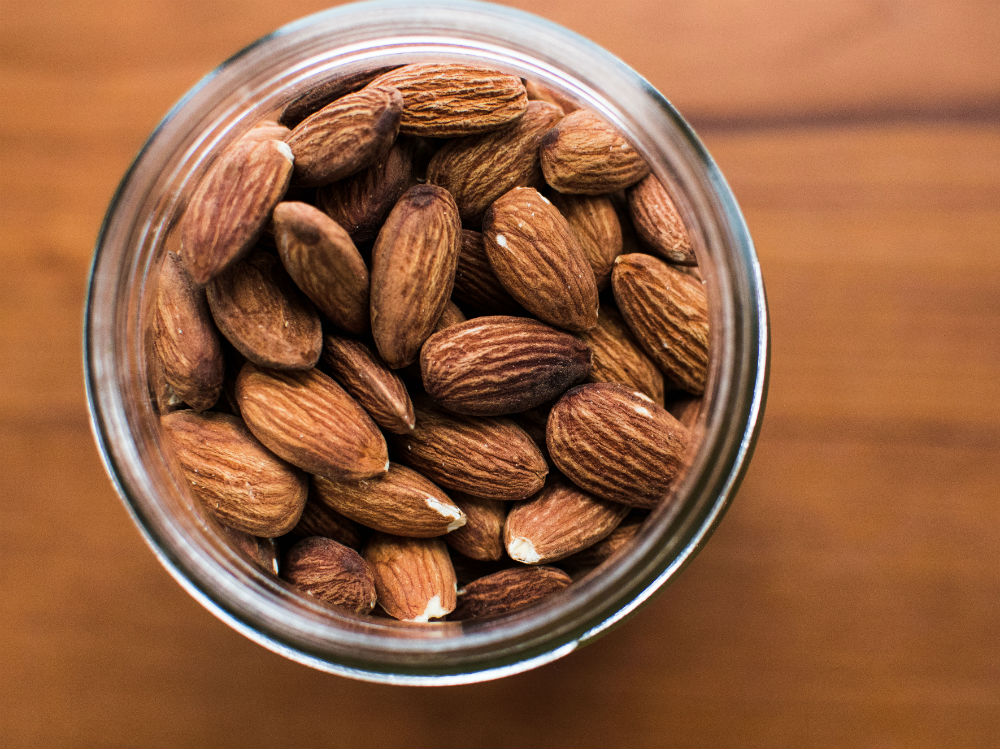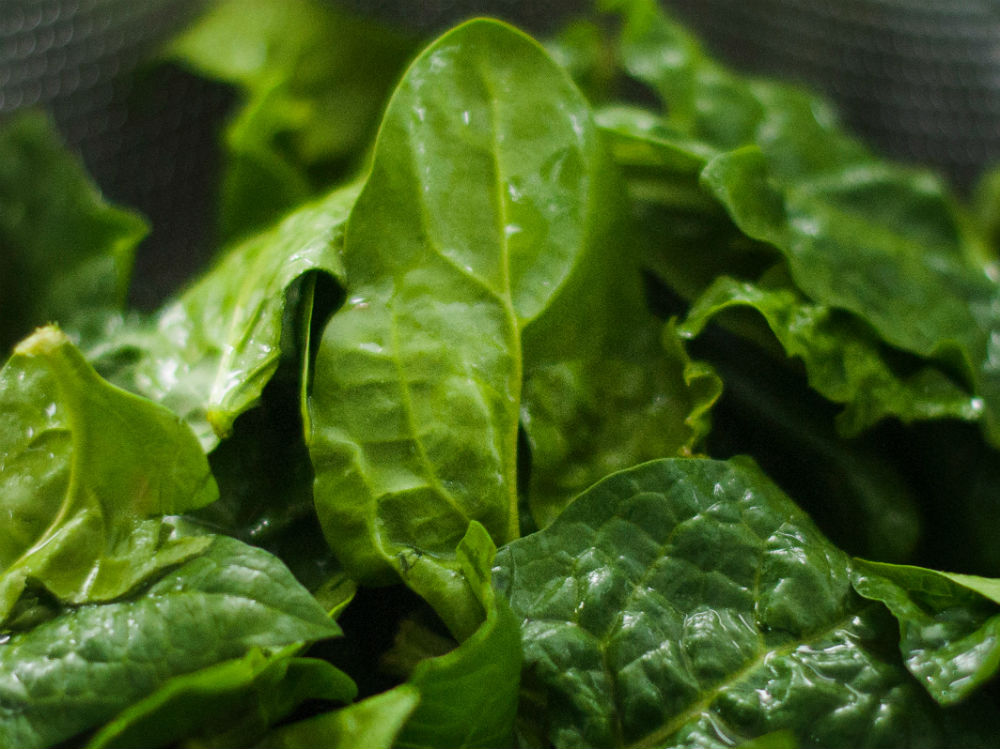

Magnesium is a true ally for health. But what should you eat to naturally integrate it?
Lately, there’s been increasing talk about this mineral because it plays a fundamental role in promoting well-being and preventing various diseases.
Magnesium, present in the cells of our body, contributes to the regulation of over 300 enzymes, influencing energy production, protein synthesis, and genetic stability. Not only that: its presence is also essential for bone, muscle, and nervous health.
A magnesium deficiency can manifest with symptoms such as fatigue, muscle cramps, and sleep disturbances.
For this reason, adequately integrating magnesium through nutrition is a significant step towards maintaining optimal well-being.
Magnesium: The Key to A Healthy Lifestyle
What to Eat to Increase Magnesium Levels in the Body
Pumpkin Seeds
Pumpkin seeds are not only a tasty snack but also a concentrate of health benefits. In addition to being rich in magnesium, they are loaded with protein, fiber, and healthy fats, making them a valuable component of a balanced diet.
To harness all the benefits, you can add a handful of roasted pumpkin seeds to your salad or consume them as a snack.
Bananas
In addition to their high potassium content, bananas also contain a lot of magnesium, thus playing a key role in muscle and nerve function.
They are a convenient and tasty option to increase the intake of this important mineral, ideal for a quick snack or as part of a nutritious breakfast.

Avocado
In addition to being rich in magnesium, avocado is a valuable source of monounsaturated fats, which promote heart health, essential vitamins such as vitamin K and vitamin E, which play crucial roles in blood clotting and cell membrane health, and fiber, which contributes to intestinal regularity.
This versatile fruit is a nutritious choice that will not only satisfy your palate but also contribute to the overall well-being of your body.

Almonds
Almonds are not only a delicious source of magnesium but also offer vitamin E and monounsaturated fats. These nutrients contribute to heart health and the maintenance of cellular functions.
Snacking on a handful of almonds or adding a spoonful of almond butter to your breakfast are delicious ways to integrate magnesium into your daily diet.
Black Beans
Black beans, with their richness in magnesium, protein, and fiber, stand out as a crucial element for a balanced diet. Their nutritional profile helps improve muscle, digestive, nervous, and bone health.
Being a complete food option, black beans should be incorporated as much as possible into your diet in preparations such as salads, soups, or side dishes.
Dark Chocolate
Dark chocolate, if consumed in moderation, can contribute to magnesium intake. This food also contains antioxidants that promote heart health.
However, it is important to choose chocolate with at least 70% cocoa to maximize benefits.

Spinach
Spinach is famous for its iron content, but few know that it also has a high magnesium content, vitamins A and C, and antioxidants: thus representing a true ally for health to bring to the table.
Consumed raw in salads or cooked in various dishes, spinach offers a delicious and versatile way to increase magnesium intake and other essential nutrients.
What to Eat to Combat Cellulite
8 Foods for a Healthy Brain, According to a Neurosurgeon













